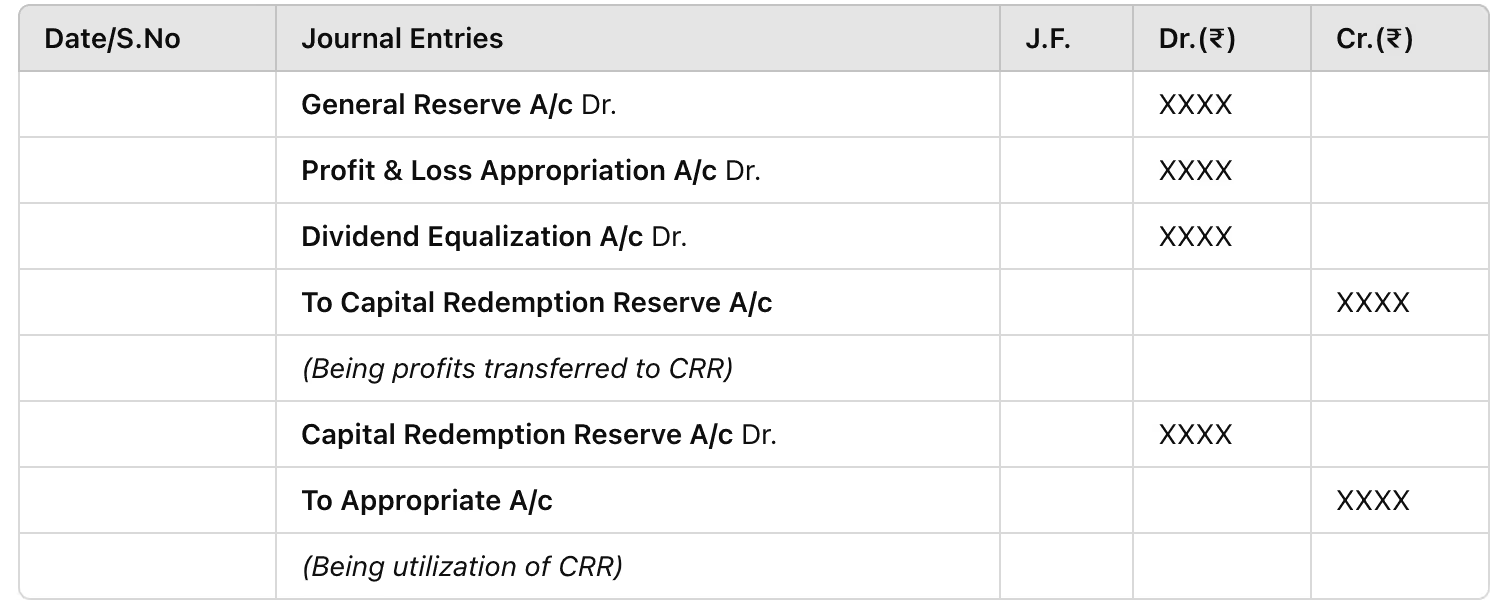Choosing the right name for your Limited Liability Partnership (LLP) or company is a crucial step in business registration. Under the Companies Act 2013, your business name must comply with legal guidelines, ensuring it is unique, relevant, and free from restricted or misleading words. A well-chosen name enhances brand identity while meeting regulatory requirements.
The Registrar of Companies (ROC) approves names based on availability and adherence to naming rules. Hence, before finalising a company name, you must conduct a name availability check to avoid rejections.
Table of Contents
Rules for Selecting Company Name Under the Companies Act
When you select a company name, it must comply with the Companies Act to ensure uniqueness and legal approval. Here are the key rules to follow:
Avoid Similar or Identical Names
Your company name must not closely resemble an already registered business. The ROC conducts a company name check, and if the proposed name is found to be too similar to an existing one, it will be rejected. For example, if "GreenTech Solutions Pvt Ltd" is already registered, "GreenTech Solution Pvt Ltd" may be rejected due to similarity.
Restriction on Certain Words
You cannot use words that suggest a connection with the Central or State Government, local authorities, or government bodies, unless prior approval is obtained. For instance, names like "India National Bank Ltd" or "Government Infrastructure Pvt Ltd" require special permissions.
Prohibited Expressions
Some words and expressions are restricted under Rule 8B of the Incorporation Rules. You must seek approval from the Central Government before using them in your LLP or company name.
Mandatory Suffix for Entity Type
The company name must clearly indicate its legal structure.
- A One Person Company (OPC) should have "(OPC) Private Limited" in its name.
- A Private Company must include "Private Limited" (Pvt Ltd).
- A Public Company must end with "Limited" (Ltd).
A Brief About Acceptable Name for LLP
An acceptable LLP or company name in India consists of three key components. The Name Part that gives the business a unique identity, such as "Bright" in Bright Solutions LLP. The Object Part that reflects the company's activity, like "Solutions" indicating a service-based business. The Constitution Part that defines the legal structure, such as "LLP" in Bright Solutions LLP.
Name Part
The Name Part is the unique and distinguishable element of a company or LLP name. It must comply with the Companies Act 2013 or the LLP Act 2008 and should not be identical or deceptively similar to existing companies, LLPs, or registered trademarks within the same industry. The ROC verifies the name to ensure distinctiveness and prevent duplication.
For example, a name like Bluewave Technologies LLP is acceptable because it is unique and clearly identifiable. However, Bluewave Tech LLP may be rejected as it closely resembles an existing name. Similarly, GreenVista Textiles Private Limited is a valid name, but Green Vista Private Limited may be considered too similar to an existing business and could face rejection. Ensuring a distinct name that does not match or closely resemble an existing company improves the chances of approval.
Object Part
The Object Part in a company or LLP name defines its primary business activity. It must be clearly stated to indicate the company's purpose and ensure compliance with naming regulations.
If two companies have similar name parts but different object parts, both names may still be approved, as long as they belong to distinct industries. However, names without a clear object part or with generic words like "dash Private Limited" are too vague and may be rejected by the ROC because it does not specify what the company does.
Related Read: Difference Between LLP and Partnership
Examples of Common Object Parts in Company and LLP Names
Constitution Part
The Constitution Part indicates the legal structure of the business. It must match the type of entity being registered, ensuring clarity in compliance and business operations. Here are the specific terms which are used for different entities:
- Private Limited Company (Pvt Ltd) - For privately held businesses
- One Person Company (OPC) - For single-owner companies
- Limited Company (Ltd) - For publicly listed businesses
- Limited Liability Partnership (LLP) - For partnership-based entities with limited liability
{{llp-cta}}
Minimum Authorised Capital For Certain Words
When registering a company, using specific words in its name requires meeting minimum authorised capital requirements as per the Companies Act 2013. Words like "Corporation," "International," and "Industries" have higher capital requirements to ensure that only financially strong businesses use them. This helps maintain credibility and prevents misuse of these terms by companies with limited resources.
Before you apply to register a company name, verifying the capital requirements is essential to ensure compliance and avoid rejection. The table below outlines the required minimum authorised capital for specific words:
When Will Companies House Refuse to Register a Company Name?
Companies House may reject a name if it does not comply with legal guidelines. Below are the key reasons why a company name may be refused:
- Identical or Too Similar to an Existing Name: If the proposed name is the same or closely resembles an already registered company, it will be rejected.
- Offensive or Illegal Names: Any name containing offensive, abusive, or illegal terms will not be approved.
- Implying Government Affiliation: Names suggesting an association with the government, public authorities, or international organisations require special approval.
- Use of Sensitive Words or Symbols: Certain words, such as "Royal," "Bank," or "Trust," require prior consent before use.
- Misleading Use of Business Terms: Using terms like "Limited" (Ltd.), "Public Limited Company" (PLC), or "LLP" incorrectly or misleadingly can lead to rejection.
Objections to Company Names
Even after registration, objections to a LLP or company name may arise if it does not comply with legal requirements. Ensuring that the name is unique and non-misleading is crucial to avoiding disputes. Common reasons for objections include:
- Too Similar to an Existing Business: If a company name closely resembles another registered entity, the affected business can file an objection.
- Misleading Information During Registration: If false or inaccurate details were provided while registering the name, objections may be raised.
- Failure to Meet Registration Conditions: A name that does not adhere to naming regulations or lacks necessary approvals may face challenges.
- Opportunistic Registration: If a name is registered to take advantage of another company’s goodwill, it can be legally disputed.
Related Read: How much does an LLP cost in India?
How to Check Company Name Availability Online?
Before registering a company, you must check whether the proposed name is available to avoid rejection. The Ministry of Corporate Affairs (MCA) portal provides an online tool to verify company name availability. Here’s a step-by-step guide to checking a company name online:
- Visit the MCA Website: Go to www.mca.gov.in.
- Access the Name Availability Tool: Under the ‘MCA Services’ section, select ‘For Services’ from the drop-down menu and then select ‘Check Company/LLP Name’.
- Enter the Proposed Name: Type the desired company name in the search box and click on the ‘Search’ button.
- Review the Results: The portal will indicate whether the name is available or already registered.
Additional Checks for Better Approval Chances
- Trademark Search: Use the Razorpay Rize Name Search Tool to check for potential trademark conflicts.
- Alternative Name Options: Verify multiple name options to avoid rejection and ensure compliance with naming rules.
Conclusion
Choosing the right company or LLP name is crucial for legal compliance and brand identity. Ensure the name is unique, relevant, and adheres to MCA guidelines to avoid objections. Conduct a thorough name availability check on the MCA portal and verify potential trademark conflicts before finalising a name. A well-chosen name not only simplifies registration but also builds a strong brand identity while ensuring long-term legal compliance.
Frequently Asked Questions
Private Limited Company
(Pvt. Ltd.)
- Service-based businesses
- Businesses looking to issue shares
- Businesses seeking investment through equity-based funding
Limited Liability Partnership
(LLP)
- Professional services
- Firms seeking any capital contribution from Partners
- Firms sharing resources with limited liability
One Person Company
(OPC)
- Freelancers, Small-scale businesses
- Businesses looking for minimal compliance
- Businesses looking for single-ownership
Private Limited Company
(Pvt. Ltd.)
- Service-based businesses
- Businesses looking to issue shares
- Businesses seeking investment through equity-based funding
One Person Company
(OPC)
- Freelancers, Small-scale businesses
- Businesses looking for minimal compliance
- Businesses looking for single-ownership
Private Limited Company
(Pvt. Ltd.)
- Service-based businesses
- Businesses looking to issue shares
- Businesses seeking investment through equity-based funding
Limited Liability Partnership
(LLP)
- Professional services
- Firms seeking any capital contribution from Partners
- Firms sharing resources with limited liability
Frequently Asked Questions
What are good names for a company?
A good company name is unique, relevant to your business, and easy to remember. It should comply with MCA guidelines and avoid restricted words.
How can I name my company?
To name your company, ensure it is distinctive, reflects your business activity, and follows MCA regulations. Use the MCA name availability tool to check if the name is already registered. Additionally, verify trademark availability to avoid conflicts.
Which name is the best for my company?
The best name for your company is one that aligns with your brand identity, business operations, and legal requirements. It should be simple, professional, and free from misleading or offensive words.
What should a company name be?
A company name should be unique, legally compliant, and descriptive of the business. It must include an appropriate suffix, such as Private Limited (Pvt. Ltd.) or Limited Liability Partnership (LLP), based on the entity type.








.webp)








